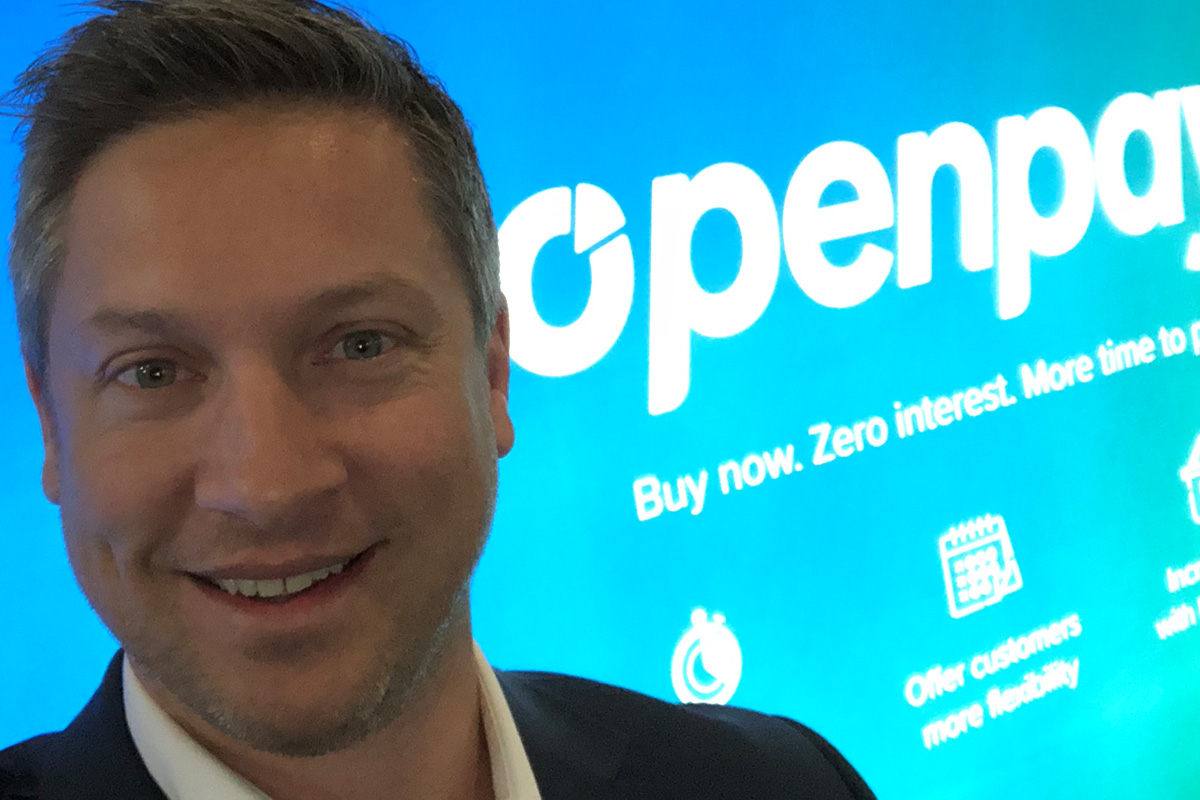Omnichannel payment solutions have married innovation with ecommerce, launching a multi-billion-dollar fintech industry with Australia as the global pioneer.
Using advanced technology to protect customers and merchants, Openpay Chief Revenue Officer Dion Appel says the company fuels high revenue growth for businesses while contributing to the global economic market.
At an intimate roundtable lunch in Sydney, Australia, Appel and Openpay Chairman Avi Schechter explained the sophisticated financial architecture surrounding the successful fintech platform that has contributed more than A$1.6 billion to the Australian online retail industry.
“We take technology and apply it to one of the oldest industries in the world, which is moneylending, in a very forward-facing way,” – Dion Appel
“Deferred payment is a technology that has been developed in Australia and it’s now coming onto the world stage,” Appel says. “Australia is leading in fintech here and globally, whereas previously it was largely led by the UK.”

Openpay, which was founded five years before competitor Afterpay, is an interest-free, ‘buy now, pay later’ system that allows customers to purchase items for up to A$20,000 and pay for them over 2–36 months. Appel says it also encourages the consumer to spend more money, inevitably boosting the economy.
“We take technology and apply it to one of the oldest industries in the world, which is moneylending, in a very forward-facing way,” Appel says. “We are driving growth in the merchants’ businesses, helping them market their brands to consumers.
“This means we’re a channel for product sales as much as for delivery. Openpay is a solution for increasing average sales.”
Openpay, which is currently available in Australia and New Zealand, is interest-free and makes a profit from fees charged to the merchants, which includes popular brands such as BMW.

“It is justified by the conversion and uplifts generated from offering Openpay,” Schechter told The CEO Magazine. “It’s warranted by the demand from the consumers – today; they are more sophisticated than in the past.
“They compare and search online, and prefer to use deferred payment over out-of-pocket money.”
Global investments in fintech companies hit US$57.9 billion in the first half of 2018 across 875 deals (according to a 2018 KPMG analysis of global investment in fintech), which is a figure set to grow, hastening the demise of traditional financial services.
“Regulation will shrink the banks and, instead, we will see modern companies taking more innovative approaches and become very agile and successful,” – Avi Schechter
Schechter says banking regulation will leave the industry vulnerable as modern platforms including Openpay continue to rise in popularity.
“Regulation will shrink the banks and, instead, we will see modern companies taking more innovative approaches and become very agile and successful,” he says.

“Most of the banks in Australia look to us for different reasons and the bottom line is them wishing they had our system, whether it’s for business or for personal loans.”
Keeping an eye on what its competitors are doing keeps this fintech business ahead of the curve in implementing innovative ideas.
As the industry continues to be shaped by advanced technology, filtering through data analytics, mobile, online, social and regulation, paying attention to the consumer as well as the merchant is the secret of Openpay’s success.
“While the motivation was born out of retail and the need for lay-by, the future is geared towards cashflow management,” Appel says. “There is something in this that goes beyond the fashion space, there’s something in this for bigger ticket items and being able to use cashflow in a manageable way.”







